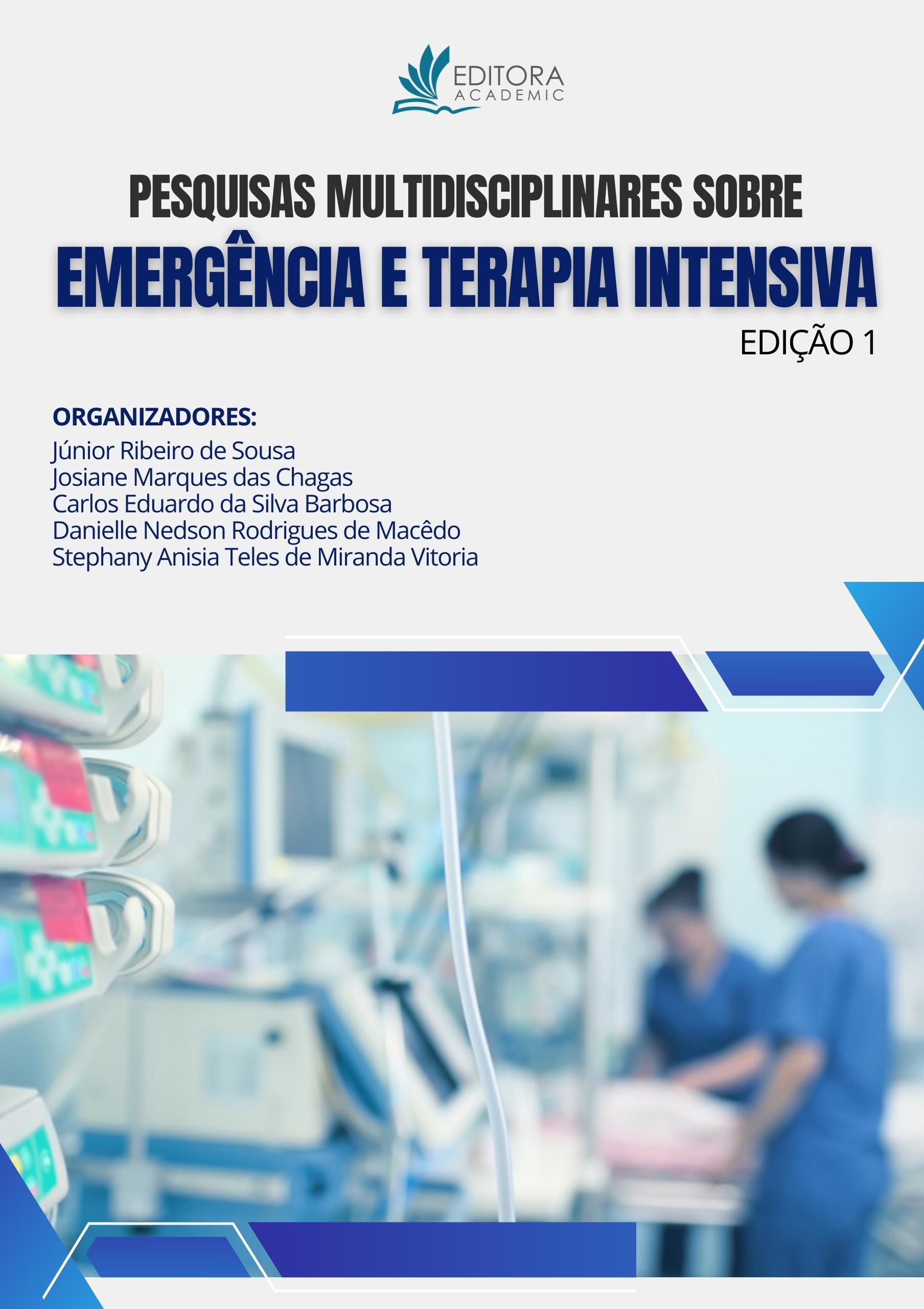
Objetivo: o capítulo tem como objetivo demonstrar e avaliar o estado atual do conhecimento sobre doença terminal e cuidados paliativos em unidade de terapia intensiva. Metodologia: trata-se de uma revisão narrativa da literatura. Foram utilizados os bancos de dados: PubMed (US National Library of Medicine), SciELO (Scientific Electronic Library Online), Latin American and Caribbean Literature in Health Sciences (LILACS) e Biblioteca Virtual em Saúde. Foram utilizados os unitermos “Idoso" AND “Paliativo” AND “Emergência” e o operador booleno “AND”. Utilizou-se os critérios de inclusão: estudo original e não original, publicado em periódico com corpo editorial, publicados na íntegra, entre os anos de 2000 e 2022 e que estivessem nas línguas portuguesa, inglesa e espanhola. Foram excluídos, editoriais, comentários, cartas aos editores, resumos, estudos de acompanhamento que não tiveram um grupo de comparação e os que não se enquadravam na temática. Encontraram-se 106 trabalhos e foram utilizados 9 para comporem este capítulo. Resultados e Discussão: Cuidados prestados ao paciente crítico em estado terminal, na UTI, quando a cura é inatingível e, portanto, deixa de ser o foco da assistência. No Brasil, o tempo de permanência na UTI até a ocorrência do óbito é considerado demasiadamente longo quando comparado com estudos internacionais, possivelmente devido à falta de adoção de limites terapêuticos. Nesta situação, o objetivo primário é o bem-estar do paciente, permitindo-lhe uma morte digna e tranquila. A comunicação eficaz é um fator para o sucesso nesse tipo de tomada de decisão. A conferência com a família deve ser realizada logo no início da primeira semana de internação. Considerações finais: É evidente que a atuação de uma equipe multidisciplinar capacitada é indispensável nos cuidados ao fim da vida, pois permitem uma abrangência integral do paciente e daqueles que o acompanha, além de ser uma ferramenta facilitadora do cuidado.